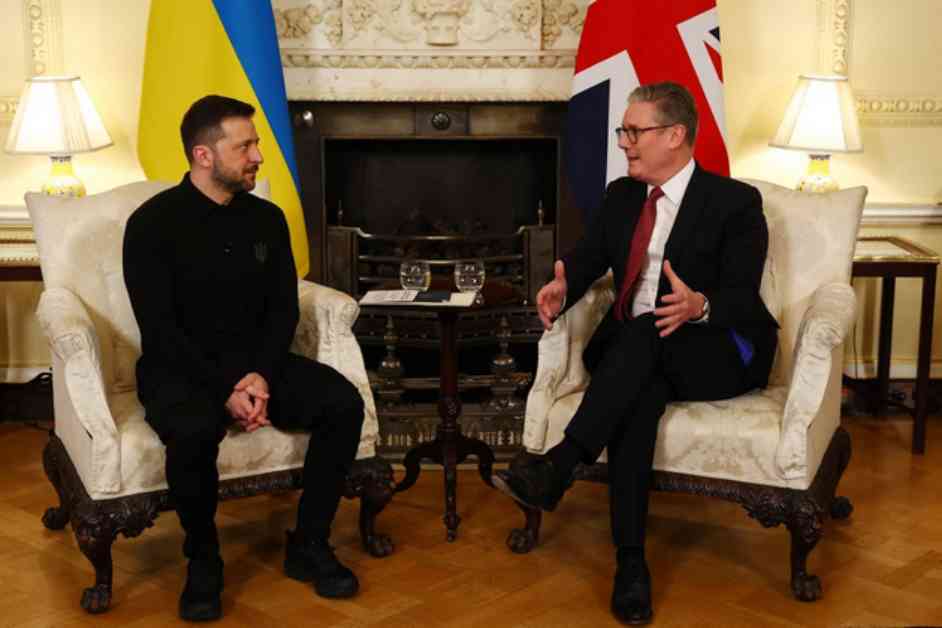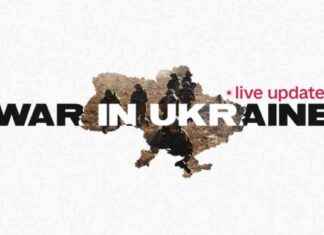In a recent announcement, British Chancellor of the Exchequer, Rachel Reeves, revealed a substantial funding package aimed at bolstering British defense and supporting Ukraine. The UK government’s commitment to stand fully behind the Ukrainian people was emphasized, with a pledge of £3 billion annually for as long as necessary. Notably, a law passed in the UK permits the use of profits from frozen Russian assets to aid Ukraine, with the first portion of funding set to be released imminently. Additionally, a loan agreement worth £2.26 billion for Ukrainian military supplies was signed by Ukrainian President Zelensky and UK Prime Minister Starmer, with repayment planned using profits from frozen Russian assets.
Support for Ukraine
The significance of this funding package lies not only in its financial implications but also in the symbolic gesture of solidarity it represents. The decision to support Ukraine in such a substantial manner underscores the UK’s commitment to standing alongside its allies during times of crisis. By utilizing frozen Russian assets for the benefit of Ukraine, the UK is taking a proactive stance in providing tangible support to a nation in need.
Furthermore, the upcoming meeting between King Charles and Ukrainian President Zelensky at Sandringham serves as a poignant moment of diplomacy and support. This meeting, scheduled to demonstrate unwavering solidarity with Ukraine following recent events, highlights the importance of international cooperation and unity in the face of adversity. The UK’s role in hosting a defense summit with European leaders, Canada, and Turkey further underscores the collective effort to present a united front in addressing the ongoing crisis in Ukraine.
Global Implications
Amidst these developments, it is crucial to recognize the broader geopolitical context in which these actions are taking place. The involvement of key players such as the US and European allies in supporting Ukraine sends a clear message to adversaries like Russia and China. The need for unity and strength in the face of external threats is paramount, as demonstrated by the UK’s proactive measures to bolster Ukraine’s defense capabilities.
In a world where foreign adversaries are actively seeking to exploit vulnerabilities and recruit federal employees for intelligence purposes, the importance of safeguarding national security interests becomes even more apparent. The recent sentencing of a prominent journalist in Vietnam for expressing dissenting views serves as a stark reminder of the challenges faced by those who seek to uphold democratic principles in oppressive regimes.
As the global community grapples with issues ranging from climate change to immigration policies, the need for collaborative and informed decision-making is greater than ever. By engaging in meaningful dialogue, offering tangible support to those in need, and upholding democratic values, nations can work together towards a more stable and secure future for all.
In conclusion, the recent developments in international relations underscore the interconnected nature of global affairs and the imperative of collective action in addressing complex challenges. As we navigate the intricacies of diplomacy, defense, and humanitarian aid, it is essential to remain vigilant, empathetic, and committed to upholding the values that unite us as a global community.

















